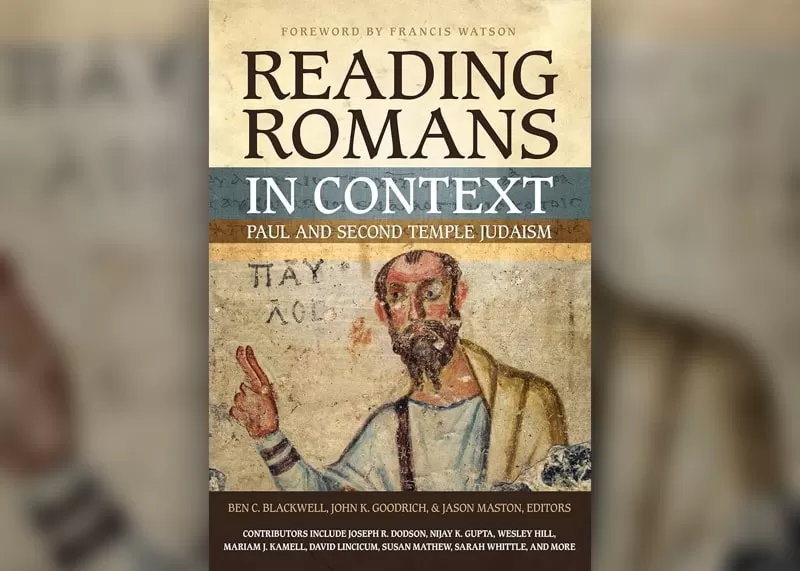The form of this order of things is passing away: who is wrong—Paul or Matthew Thiessen?
I said I would come back to Matthew Thiessen’s “incoherent” account of Paul’s eschatology, so here we are. Chapter four of A Jewish Paul: The Messiah’s Herald to the Gentiles is about Paul the “End-Time Jew.” Thiessen begins: “Paul never wrote an autobiography. Why would he when he expected an imminent end to the current structure of the cosmos?” (49).




Recent comments